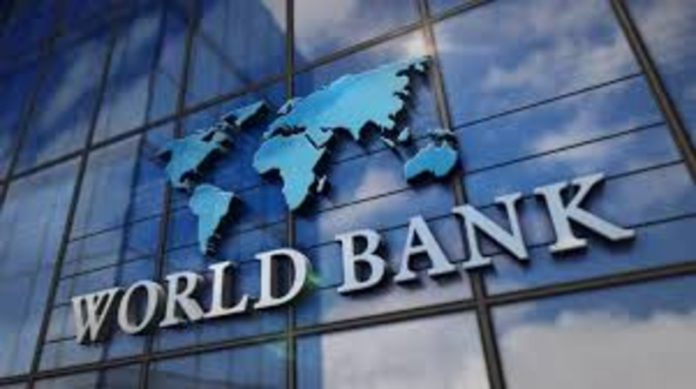The World Bank has approved a $250 million credit to support a four-year Ghana Energy Sector Recovery programme.
It has also approved an additional $10 million grant from the Energy Sector Management Assistance Programme of the World Bank. Both funding sources are expected to help the country improve the financial viability of electricity distribution and also increase access to clean cooking solutions.
This comes after the country successfully secured a memorandum of understanding (MoU) from the Official Creditor Committee of the Paris Club, a body of external bilateral creditors on debt treatment that allows the country to essentially postpone its debt repayments until 2026.
The Ghana Energy Sector Recovery Programme for Results (PforR) will provide financing directly to energy sector utilities to implement capital expenditure programmes and complement regulatory and policy reforms of the energy sector supported under the World Bank’s Development Policy Financing series and the ongoing IMF Extended Credit Facility Programme for Ghana.
In a statement, the Ministry of Finance said the clean cooking component of the programme would increase access to Liquefied Petroleum Gas (LPG)) by households, schools and businesses.
“The PforR will provide direct incentives to subsidise the cost of stoves and accessories,” the statement added.
Other benefits
The Energy Sector Recovery Programme (ESRP), is expected to provide a wide range of benefits to consumers, including market development, affordability, energy access and equity, health and environmental protection against air pollution and associated health risks.
The statement quoted the World Bank Country Director for Ghana, Liberia, and Sierra Leone, Robert Taliercio, as saying, “through this important results-based financing, the World Bank is committed to supporting the recovery of Ghana’s energy sector and its financial sustainability.
“The operation aims to strengthen revenue collection and improve the quality of energy supply through investments in prepaid metering and in the commercial and meter management systems of distribution utilities,” he said.
Appreciation
The Minister of Finance, Dr Mohammed Amin Adam, thanked the World Bank for its support in the attainment of the Sustainable Development Goals (SDGs), particularly Goal Seven, which is on affordable and clean energy supply.
“Our quest to achieve financial viability in electricity distribution and increasing access to clean cooking solutions is essential for building sustainable energy systems that support economic development, improve public health, and protect the environment while promoting energy access and equity for all,” he said.
Context
The Energy Sector Management Assistance Programme provides knowledge, technical assistance and advisory services to help countries enhance their institutional capacity and implement sustainable energy solutions.
After a year of negotiations, the government secured an MoU with the Official Bilateral Creditor Committee (OCC) co-chaired by France and China. The MoU, which follows an interim agreement in January, represents the final step in the country’s debt restructuring talks with the OCC who the country owes $5.4 billion.
Each official creditor is now expected to follow its internal procedures to sign the MoU. Once signed, the agreed terms will be implemented through bilateral agreements with each OCC member.
The agreement will now pave the way for the Executive Board of the International Monetary Fund (IMF) to approve the second review of the country’s three-year programme with the fund, aimed at restoring macro-economic stability and debt sustainability.
The approval of the second review, which is expected to happen later this month, will unlock the third tranche of $360 million from the IMF, bringing the total disbursement under the programme to $1.56 billion.
The IMF Board’s approval is also expected to trigger more financial assistance from development partners, such as the $260 million from the World Bank.

